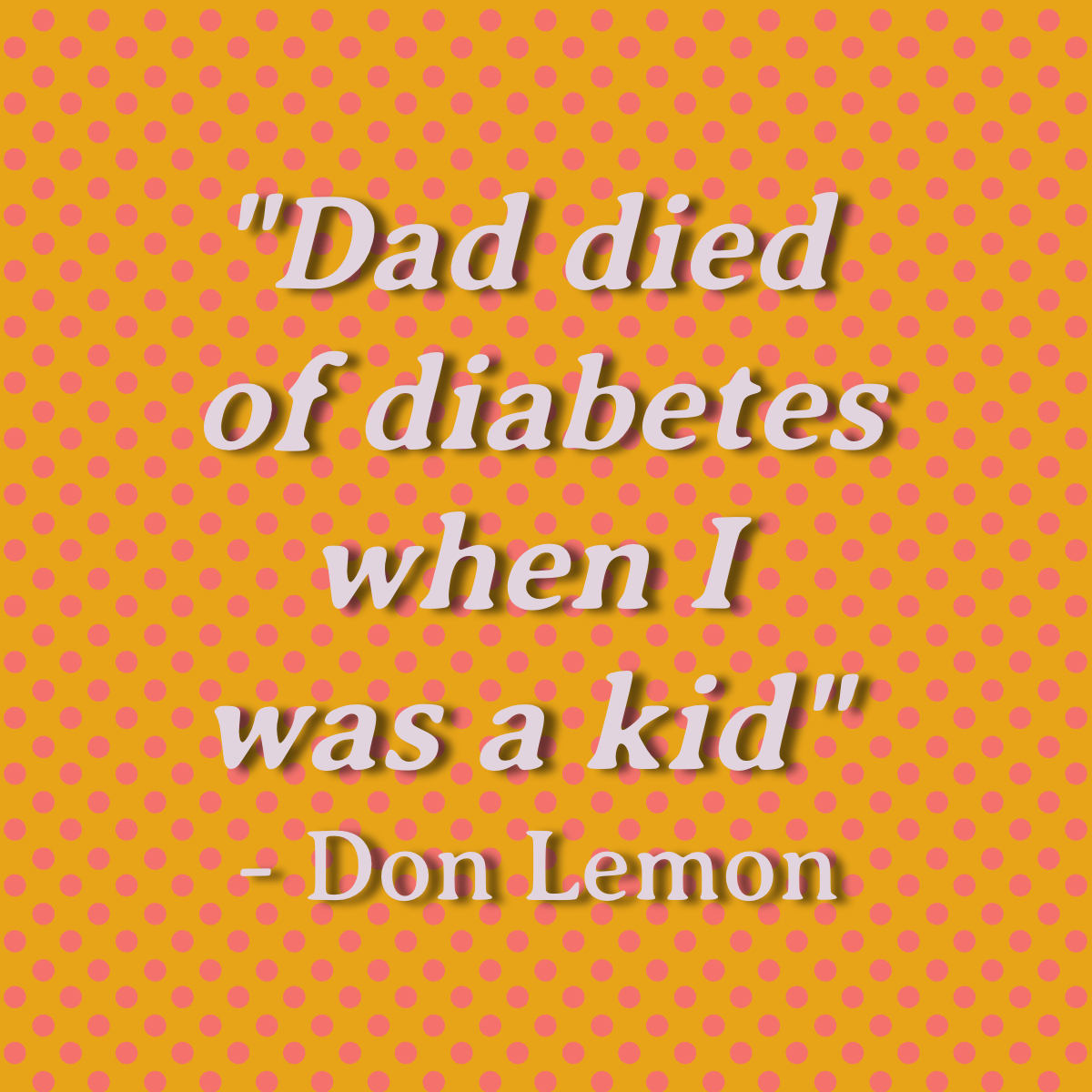My journey as a diabetes advocate has been a rollercoaster of challenges and surprises, but I have to say, getting my moment in the spotlight in People magazine definitely gave me a turbo boost! Looking back at what we accomplished to make diabetes education feel less like a doctor’s visit and more like a party is nothing short of mind-blowing. My presentations at the Pittsburgh American Diabetes Expo? Absolutely spectacular!

Our superstar, Divabetic – Makeover Your Diabetes educator, Jessica Issler, RD, CDCES, was practically inundated with requests to join us at the American Diabetes Association’s Annual Expo in Pittsburgh. Seriously, it felt like I was getting a hundred messages, all screaming, “You absolutely HAVE to come!” Terri Seidman, our incredible Pittsburgh Program Director and a true type 1 diabetes warrior, caught wind of Divabetic and became our number one fan. I half expected her to show up with pom-poms—thankfully, we had plenty from our events!

After what felt like a high-stakes negotiation session (move over, peace treaties!), I finally agreed to host a Divabetic area at the ADA Expo. But I had one must-have: a white limousine prominently displayed in our section. Yes, you heard me right—a limousine!
I know what you’re thinking: “A limo for diabetes?” But here’s the deal: when most people think of diabetes, they picture an ambulance, and I wanted to change the narrative! I envisioned a glamorous ride symbolizing the fabulous life you can live with a little self-care.
I called upon my favorite designer, the fabulous Susan McCaslin, who created a sign that read, “With Proper Self-Care, You’re Not Just Riding in an Ambulance, You’re Cruisin’ in a Limo!” Talk about an attention-grabber!

Then the big day arrived, and I was all set for my diva-betic moment. But Terri hit me with the ultimate plot twist: she couldn’t get the white limousine. My heart sank faster than a lead balloon! I thought I was doomed. But just when I thought my dreams were crashing down, Terri led me to our Divabetic area and—ta-da!—there it was! A vintage white convertible, sparkling like it was ready to star in its own Hollywood film!
I was over the moon—who needs a limo when you’ve got a classic like this?
Now that’s what I call a diabetes makeover! Talk about elevating the game!






